Are you questioning whether you’re in a relationship with a narcissist? Or, maybe you’re wondering if you’re suffering the effects of Narcissistic Abuse Syndrome as a result of being involved with a narcissist.
Narcissistic Abuse Syndrome is an unofficial term to describe the ongoing effects of someone who’s experienced (or still experiencing) narcissistic abuse.
Narcissists are extremely well-versed in emotional manipulation, meaning that those who end up being in an abusive relationship with them are not even aware of the truth until they’re able to escape.
Over time, narcissists will work to erode boundaries, independence and self-worth, so that the victim ends up being solely reliant on them, without even realising what’s happening.
It’s like a frog in a boiling pot, where the heat slowly gets turned up and the frog continues to adjust to its ever-changing environment, rather than jumping out to save itself from its demise.
Take the Narcissistic Abuse Syndrome quiz to see if you may be suffering from narcissistic abuse, or have the symptoms associated with past abuse.
| DISCLAIMER: This narcissistic abuse syndrome quiz is to be used for personal awareness and educational purposes only. It is not a medical diagnosis. Please see a medical professional for further help or diagnosis information. |
This post contains affiliate links, for more information, see our disclosures here.
Narcissistic Abuse Syndrome Quiz
| Instructions |
|---|
| 1. Fill out the quiz 2. Press ‘NEXT’ 3. Scroll back up the page to the blue submit button 4. Press ‘SUBMIT’ 5. Your score will be calculated |
What does your score mean?
- 0 – 50 = It’s UNLIKELY that you have Narcissistic Abuse Syndrome
- 51 – 69 = It’s POSSIBLE that you have Narcissistic Abuse Syndrome
- 70 – 100 = It’s LIKELY that you have Narcissistic Abuse Syndrome
▶️ VIDEO: Narcissistic Abuse Syndrome – Quiz


Symptoms of Narcissistic Abuse Syndrome
Narcissistic Abuse Syndrome (NAS) is a term used to describe the emotional, psychological and sometimes physical effects of being in a relationship with a narcissist.
It can manifest in various ways and commonly includes the following symptoms:
- Anxiety and Fear: Constant feelings of anxiety, fear or hypervigilance due to the unpredictable nature of the narcissist’s behaviour.
- Low Self-Esteem: Persistent feelings of worthlessness, inadequacy or self-doubt caused by the constant criticism, gaslighting and devaluation by the narcissist.
- Depression: Prolonged periods of sadness, hopelessness, or lack of interest in once enjoyable activities. This stems from the emotional manipulation and isolation imposed by the narcissist.
- Self-Blame: Tendency to blame yourself for the problems in the relationship, even when it’s not justified. The narcissist often blame-shifts onto the victim, causing them to internalise their accusations.
- Isolation: The narcissist may isolate their victim from friends, family or support networks, making them feel increasingly alone and dependent on the narcissist.
- Confusion and Cognitive Dissonance: The victim might experience confusion and internal conflict due to the discrepancy between the narcissist’s charming facade and their abusive behaviour, leading to cognitive dissonance.
- PTSD-like Symptoms: Flashbacks, nightmares or intrusive thoughts about past traumatic experiences with the narcissist can cause complex post-traumatic stress disorder (C-PTSD).
- Hypersensitivity to Criticism: After enduring relentless criticism and judgment from the narcissist, victims may become overly sensitive to any form of criticism, even if it’s constructive or well-intentioned.
- Difficulty Trusting Others: The experience of betrayal and manipulation by the narcissist can lead to a general distrust of others, making it challenging to form new relationships or trust others’ intentions.
- Physical Symptoms: Long-term exposure to stress and emotional trauma can manifest in physical symptoms like headaches, digestive issues, insomnia, adrenal fatigue and other stress-related ailments.
- Emotional Numbness or Detachment: Some people emotionally detach as a defence mechanism to cope with the ongoing emotional turmoil caused by the narcissist.
- Constant Vigilance: Always being on guard, anticipating the next abusive or manipulative behaviour from the narcissist leads to high levels of stress and exhaustion.
It’s important to note that experiencing some of these symptoms doesn’t necessarily mean that you have Narcissistic Abuse Syndrome. However, if these symptoms are ongoing and significantly affect your daily life and well-being, you should seek support from a therapist or spiritual healer.
RELATED POSTS:
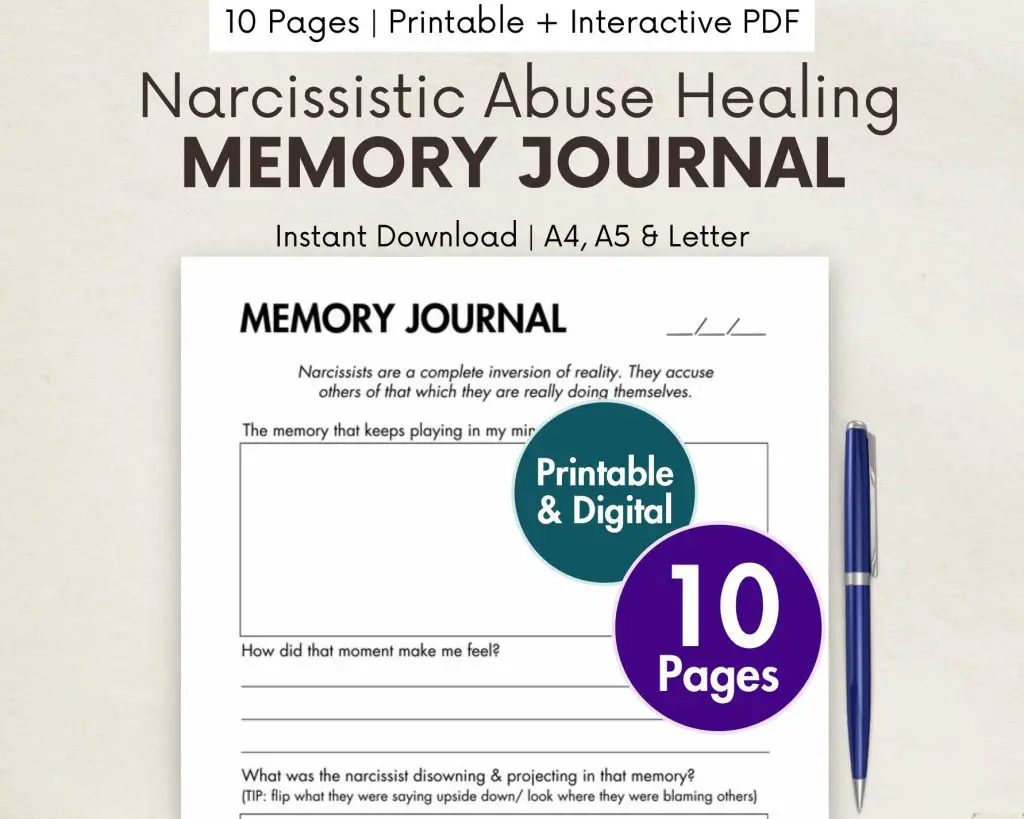
Memory Journal
Release the painful memories once and for all!
- Journal recurring thoughts
- Sort through what’s yours vs. theirs
- Identify your inner wounds to heal
- Return the narcissist’s disowned wounding
- Step-by-step guidance
- PRINTABLE & DIGITAL
Healing From Narcissistic Abuse Syndrome
Unfortunately, the effects of Narcissistic Abuse Syndrome often do not just go away with time. They can actually intensify. It’s important to understand what’s happened to you as well as heal from the trauma.
The only way I was able to shift my own Narcissistic Abuse Syndrome symptoms, from a lifetime of abuse, was to work with an energetic healer. It was the only way I was personally able to shift the trauma out of my body forever (see below).
If spiritual healing isn’t your thing, then I recommend finding a therapist who’s well-experienced with Narcissistic Personality Disorder.

Energetic Healing from
Narcissistic Abuse
If you’ve tried everything to heal but still can’t shift things, it might be time to call in the spiritual realm.
✭ Removal of stuck energy
✭ Removal of old traumas & memories
✭ Past Life Regression
✭ Understanding your journey & how it’s shaped you
✭ Loving & non-judgemental guidance
✭ Psychic mediumship
✭ Ask your guides questions & get direct answers
10% OFF Code ‘UNMASK‘
www.selenahill.com →

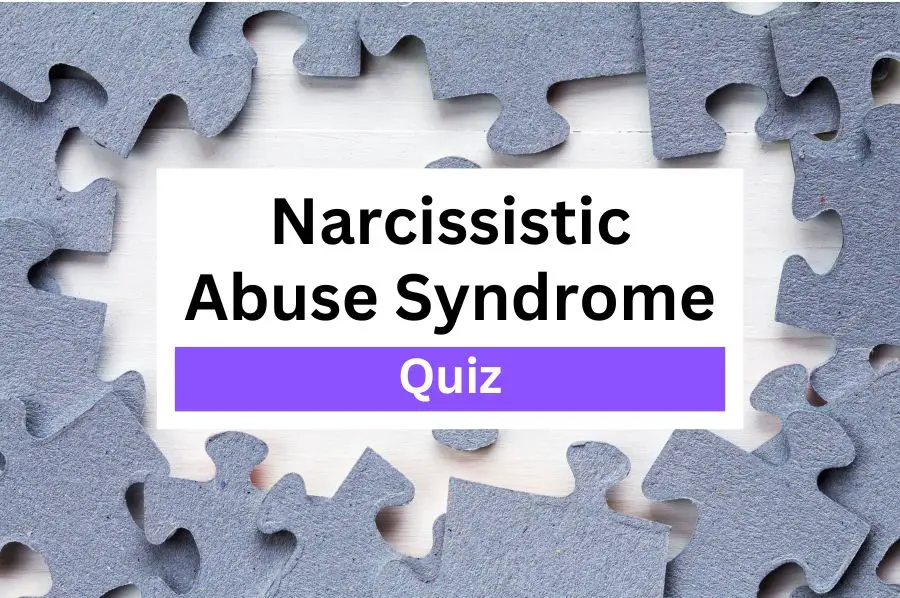


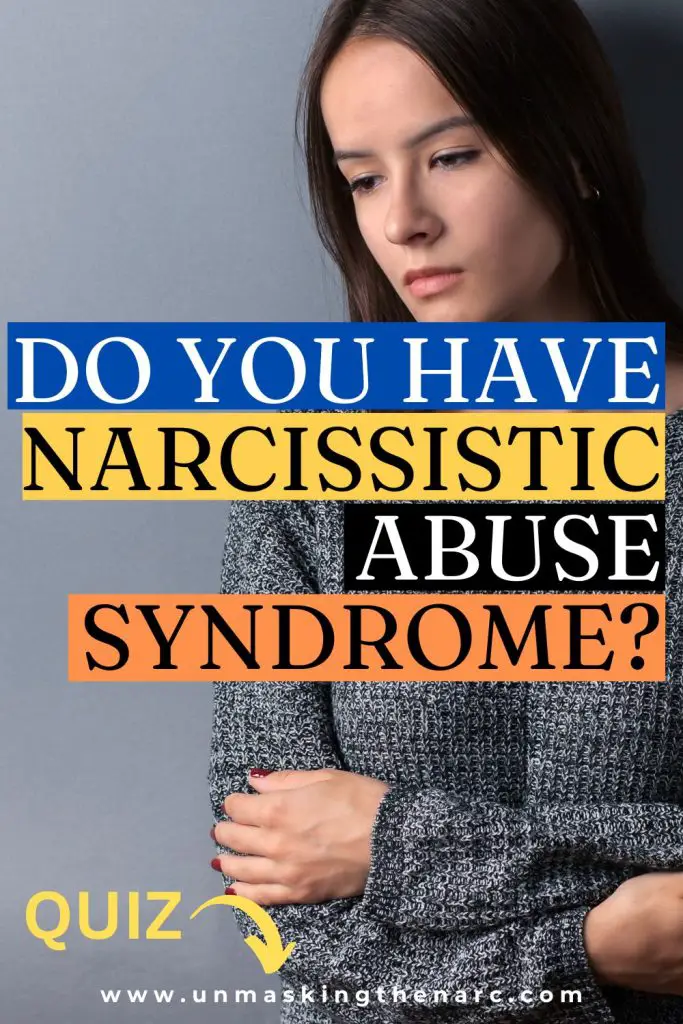
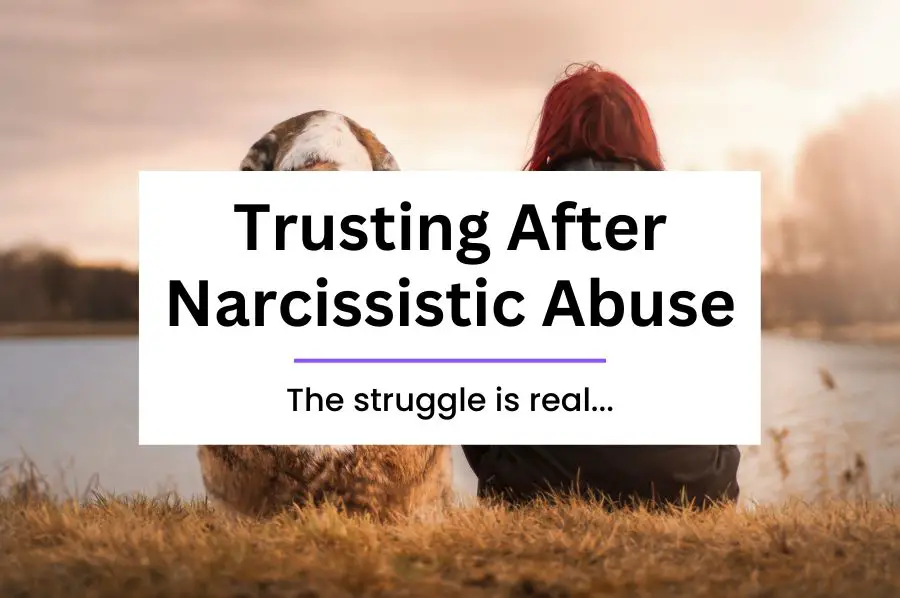
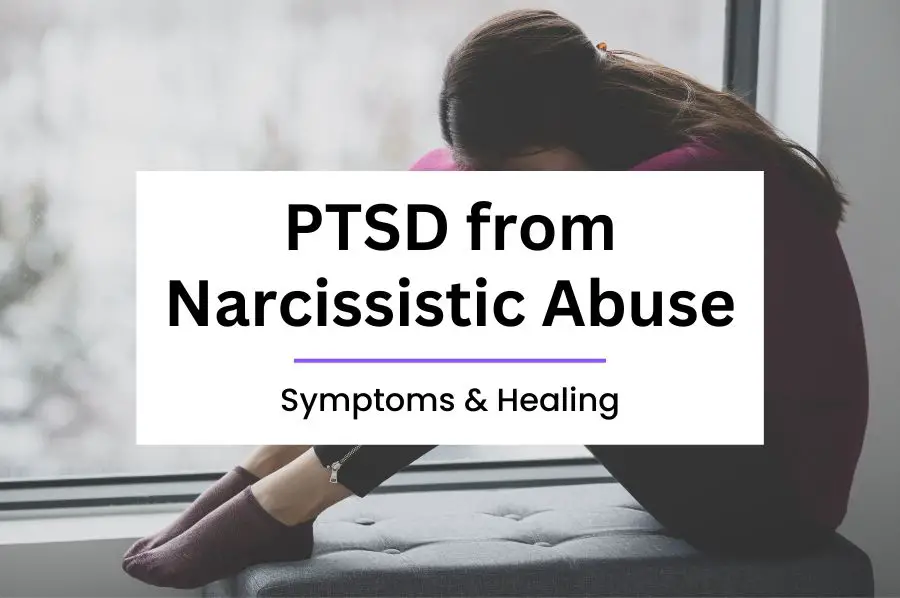
Why do narcissist people never have ad come to them? Why does it always seem that good always comes to them? It’s like they are always being blessed
Trust me, I’ve asked myself this question so many times myself. It’s infuriating to see narcissists constantly get all the goods even though they do so much harm. On the one hand, they can be quite good manifesters because the universe just gives us more of whatever energy we are in. In other words, if we genuinely believe that we should be getting amazing things, then that’s what we’ll be receiving, which is where narcissists are at (even though we know they don’t deserve it!). On the other hand, they’re takers who have no qualms in helping themselves to whatever they want, even if others get crushed in the process. Those two things together amount to greedy, over-entitled people who obtain so many things that they do not deserve. All we can do is work on increasing our own self-worth, which they systematically destroyed. From there we can have the ability to attract great things to ourselves but in a healthy way that isn’t also accruing negative karma, which will always need to be rebalanced at some future point. Despite what narcissists think, they will not walk away from the harm they’ve done scot-free, even if it plays out in future lifetimes.
I had no idea why all of a sudden my wife ended our 12 year marriage in the hurtful way she did, why she seemed so unreasonable like common sense didn’t apply, why in her eyes it was all my fault but it seemed her aim was to destroy me. I started to research mental health conditions some were close but when i read about narcissistic I knew this was it. It began a journey that has not ended.
I understand. The confusion is real. You thought you were always dealing with a regular human being, but as the healing and information unfold, you realise that was never the case. The journey beyond feels like it’s lifelong, but at least you’ll be armed with what you need to never fall into that toxic pattern again.